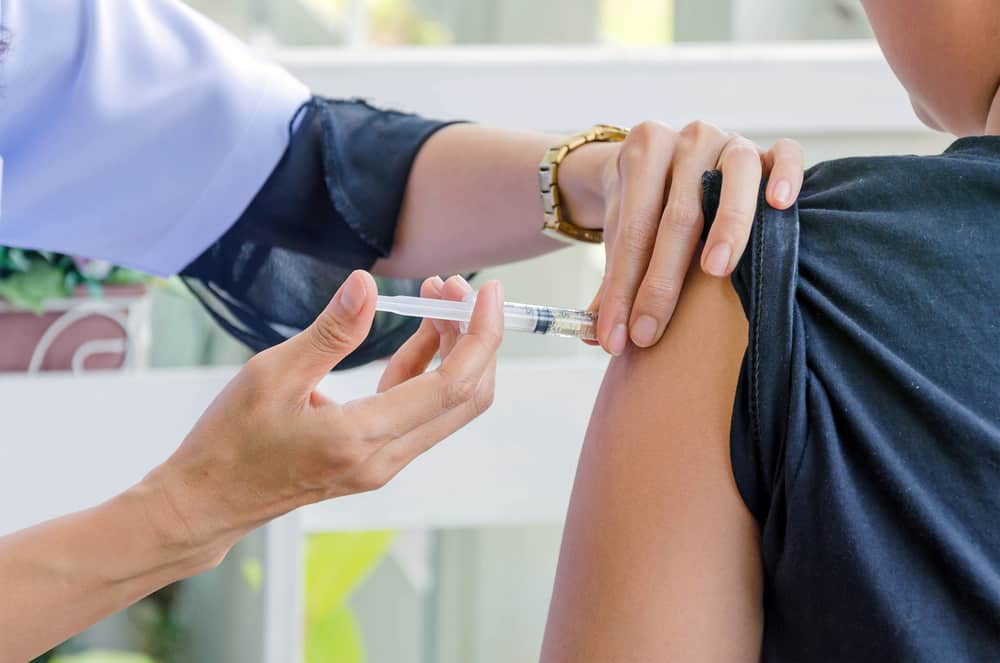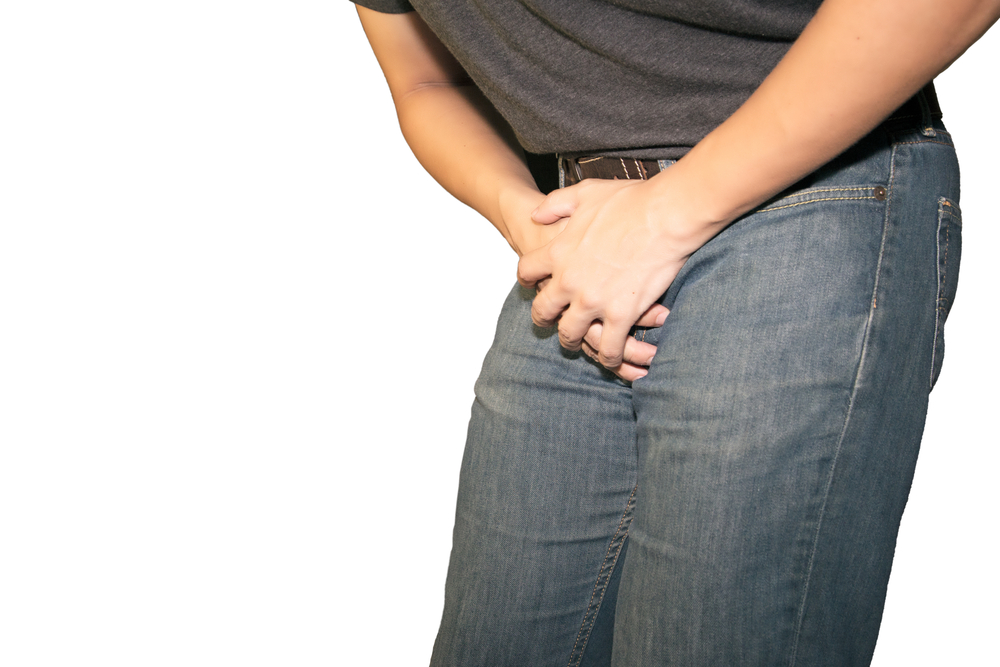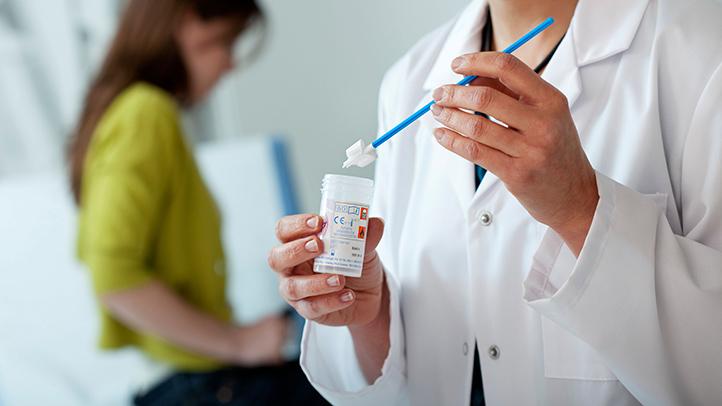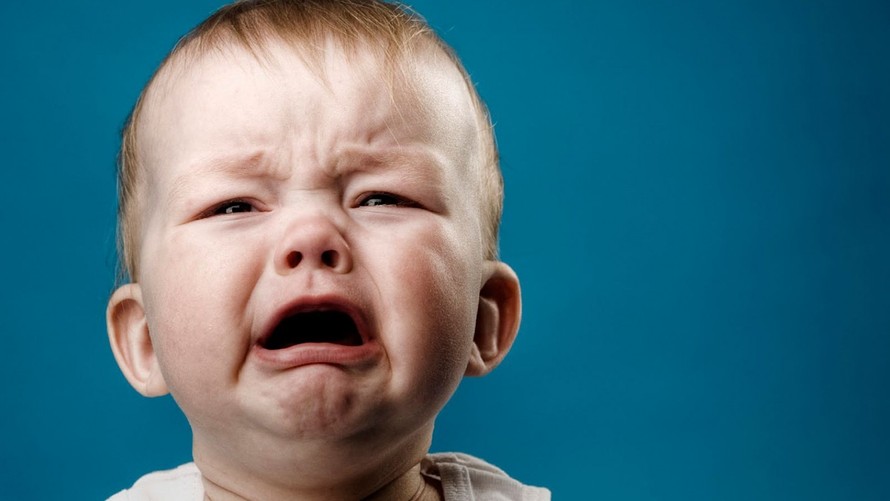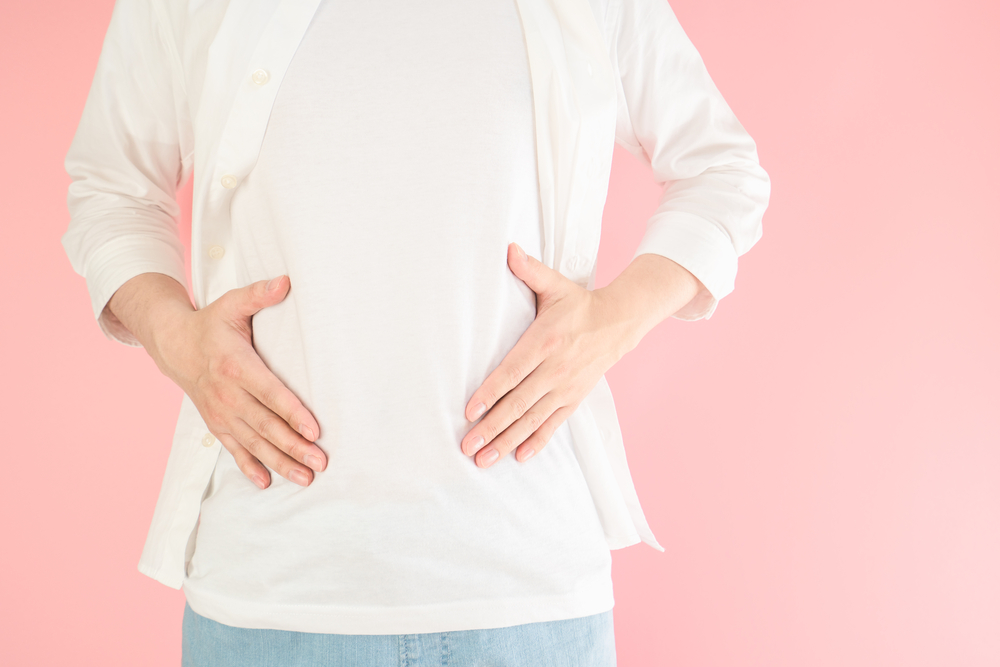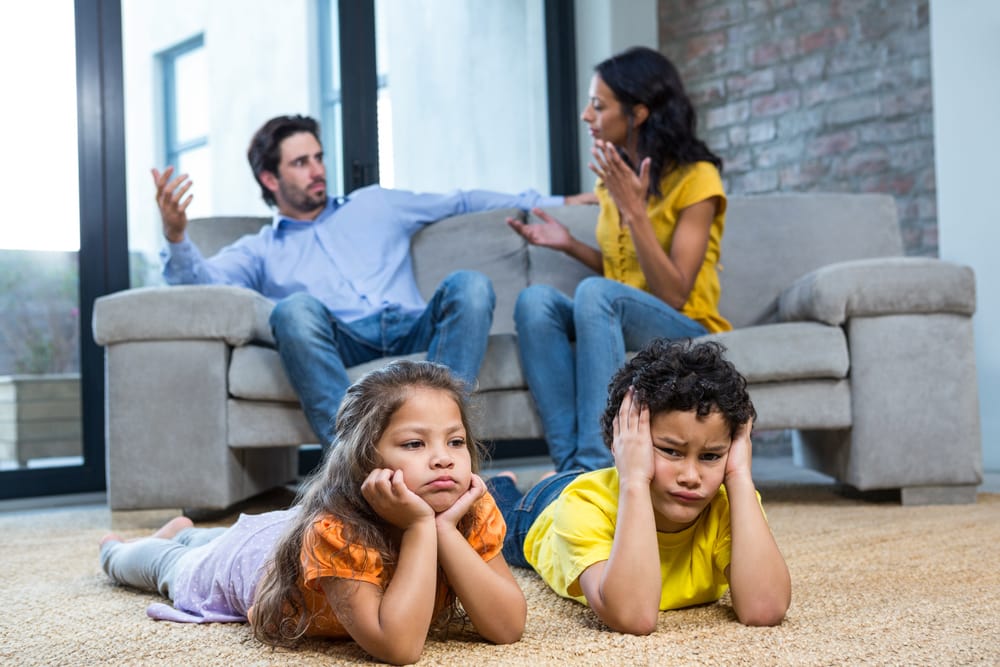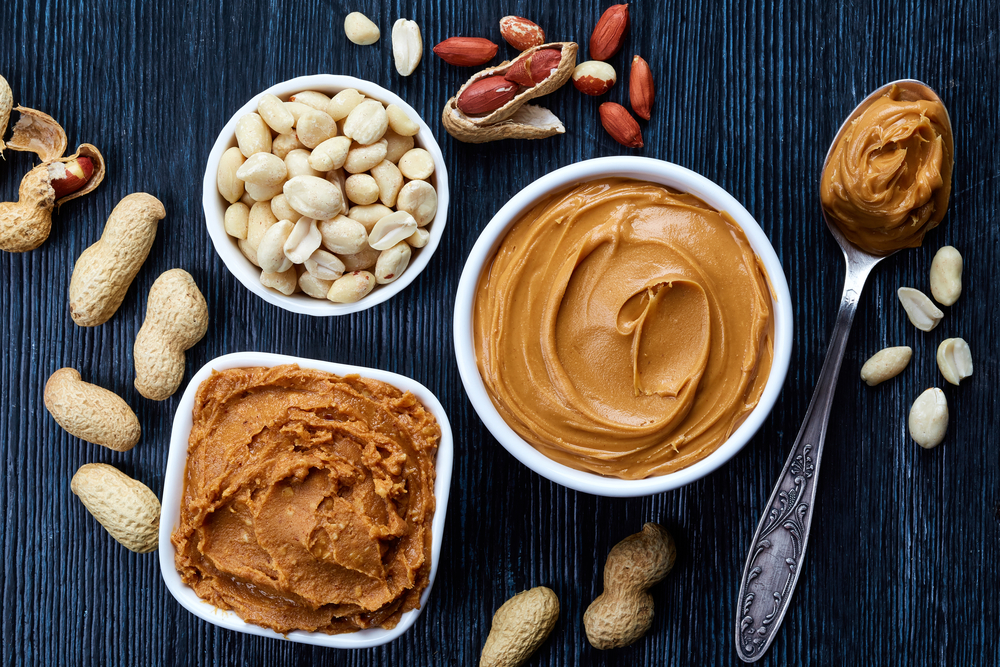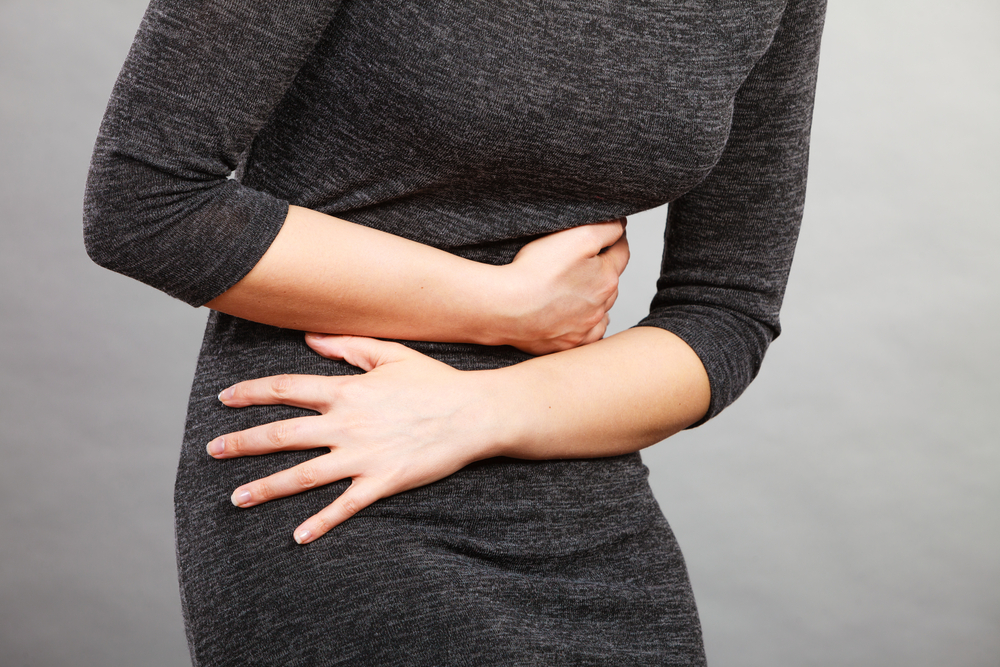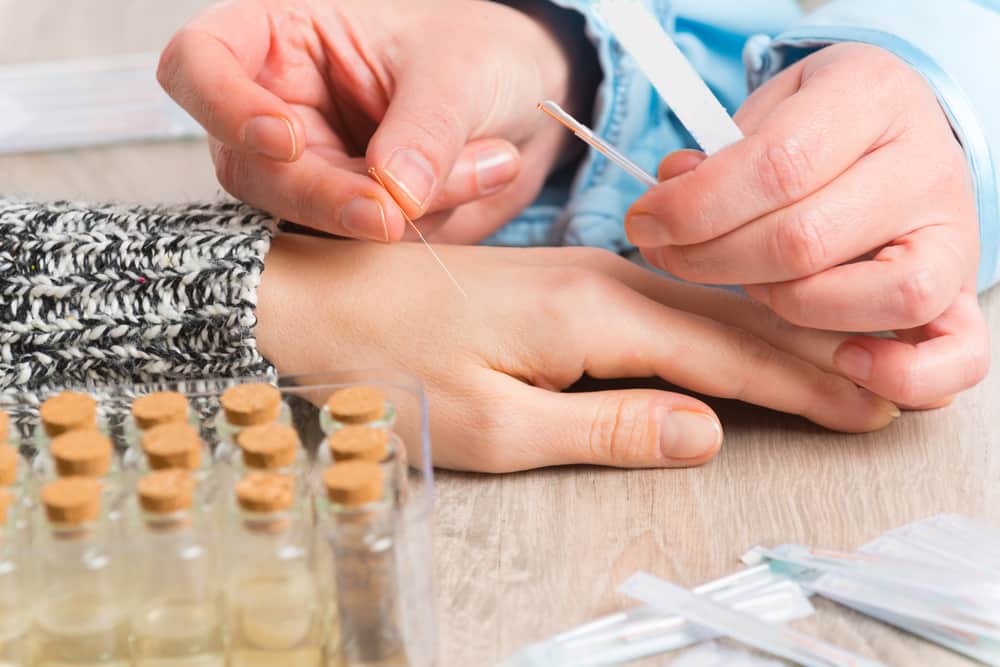Contents:
- Medical Video: Dr. Gregory Poland discusses HPV vaccine for young people
- HPV vaccine can prevent attacks of genital warts
- However, why are there still genital warts even though the HPV vaccine is already there?
- Even though the HPV vaccine, still do safe sex
Medical Video: Dr. Gregory Poland discusses HPV vaccine for young people
The HPV vaccine is not only able to prevent the risk of cervical cancer, but also other diseases caused by the HPV virus, such as genital warts. However, why are there still those who have genital warts, even though they have already carried out the HPV vaccine? Here's the review.
HPV vaccine can prevent attacks of genital warts
Human papillomavirus (HPV) is a common virus that is transmitted from one person to another through direct skin to skin contact during sexual activity. HPV usually spreads through unprotected sex.
Most types of HPV cause no symptoms and disappear on their own. However, some types can cause cervical cancer and other cancers such as anal, penile, vaginal, and vulvar cancers.
Meanwhile, several other types of HPV can cause warts in the male and female genital areas. You can get infected when touching a partner's genitals that have warts, either by hand or through contact with body fluids carrying viruses, such as vaginal fluid or semen. Therefore, the HPV vaccine can be relied on to prevent transmission of genital warts that spread through sexual intercourse.
According to research from Boston University Medical Center, two doses of HPV vaccine are enough to protect children and adolescents from genital warts. The HPV vaccine is currently recommended for all boys and girls between the ages of 9-14 years.
However, according to the Centers for Disease Control and Prevention, HPV vaccination in girls is more recommended for children aged 11 or 12 years. If you have not received a vaccine, you should continue to do or complete the HPV vaccine at 13-26 years.
However, why are there still genital warts even though the HPV vaccine is already there?
The HPV vaccine protects against 90 percent of the HPV virus that causes genital warts. But there are many different HPV viruses and vaccines cannot protect them all. Therefore, even if you have an HPV vaccine, there is a possibility that you have genital warts.
In addition, it is not known exactly how long the HPV vaccine can run effectively. However, based on a lot of research done so far it is known that the HPV vaccine can help protect you from HPV infections in about five years.
The HPV vaccine actually aims to protect you from cervical cancer and other types of cancer. Certain HPV viruses can cause cancer of the cervix, vagina, vulva, penis, anus, and mouth.
The vaccine is designed to prevent HPV infection that is most likely to cause cancer. So, the HPV vaccine does not guarantee 100 percent. However, carrying out the HPV vaccine remains a good idea to prevent sexually transmitted diseases, including genital warts.
Even though the HPV vaccine, still do safe sex
Even though you have done the HPV vaccine, you still need to use a condom while having sex with your partner. This is done to prevent the spread of disease. Especially if your partner turns out to have genital warts. Use condoms during sexual, vaginal, oral and anal intercourse.
Condoms also help prevent the spread of the HPV virus that is not contained in the vaccine. Condoms also help protect you and your partner from the risk of other venereal diseases. Use condoms in the right way and do not change sexual partners.

